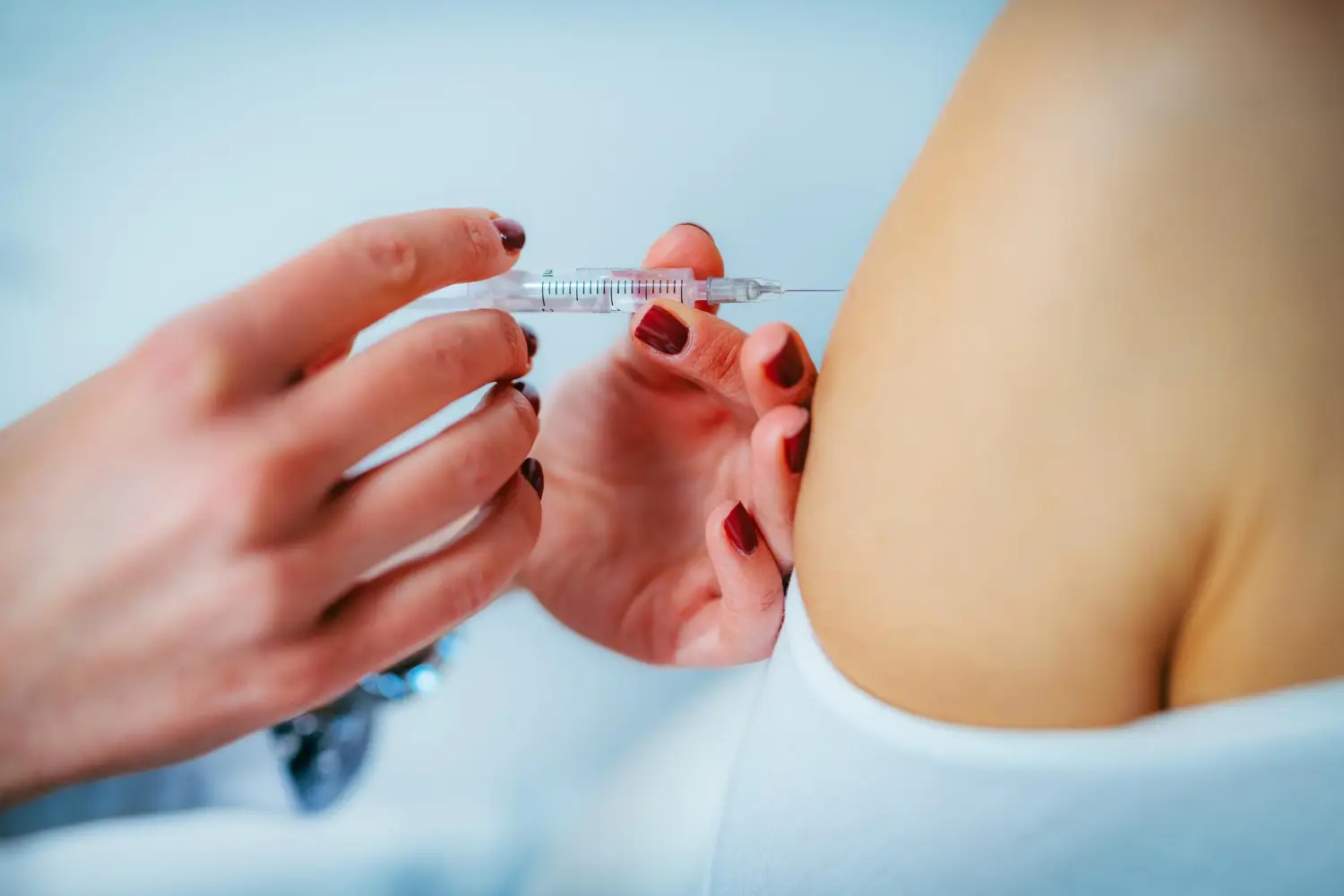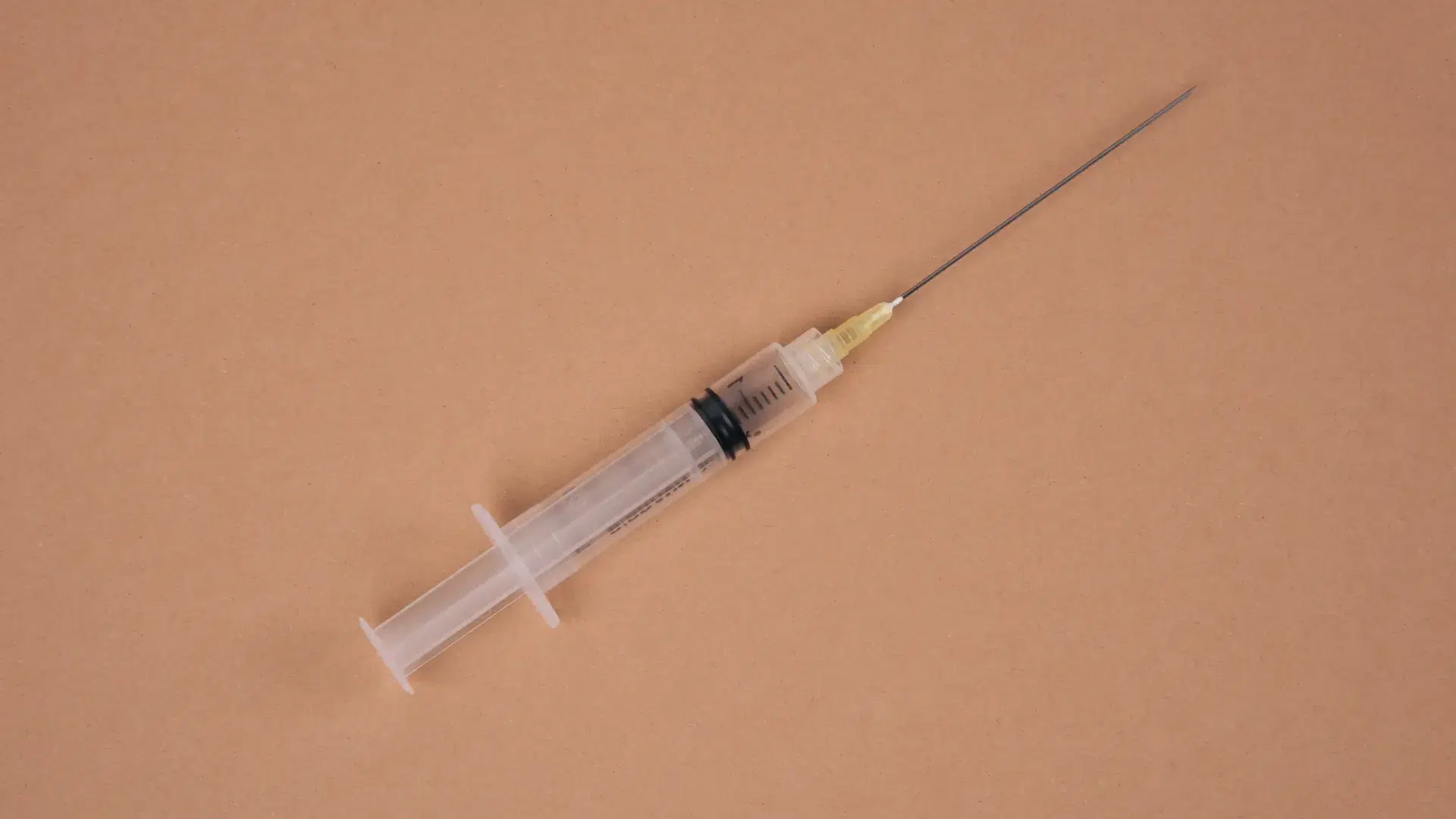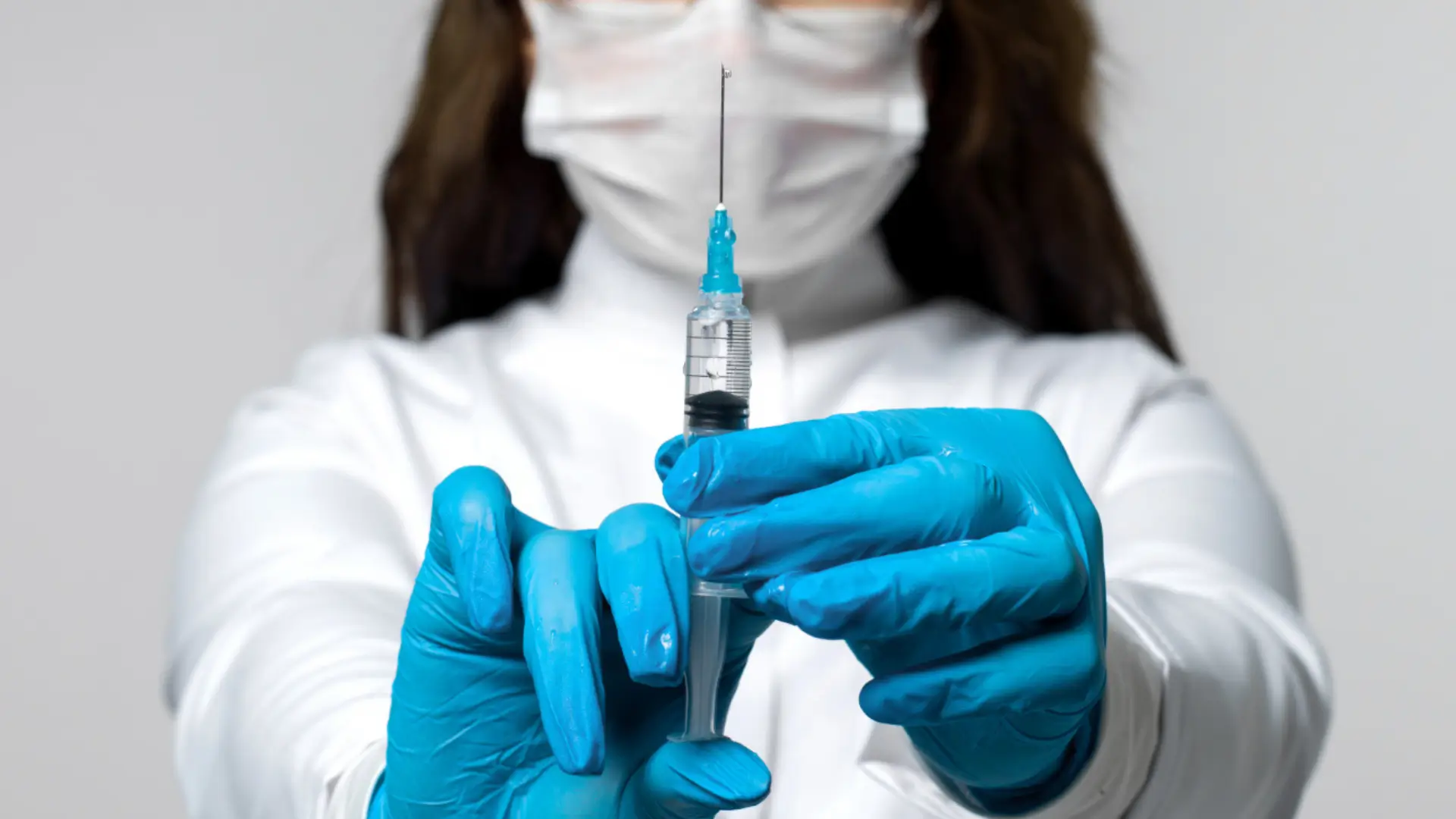Injectable contraceptives remain one of the most reliable birth control options available today. Clinical trials show that when used perfectly, their effectiveness can exceed 99%—a testament to their strength as a long-term solution. However, in real-world settings, the effectiveness slightly drops to around 94%, often due to missed or delayed doses. This highlights a key point: timely administration is essential to maintaining consistent protection.
Among these injectables, Depo Provera continues to be a widely trusted option for many women. With a dosing schedule of once every three months, it combines convenience and efficacy, offering peace of mind for those seeking a long-term contraceptive method.
In this article, we’ll explore the clinical data behind Depo Provera’s effectiveness, unpack the factors that may influence its real-world performance, and provide practical tips to help patients and providers make informed decisions about reproductive health.
Key Takeaways about the Effectiveness of Depo-Provera Shot
- Depo Provera is a highly effective injectable contraceptive, boasting a failure rate of just 0.2% with perfect use, but about 6% with typical usage due to possible missed injections.
- Administered every three months, Depo Provera offers both long-lasting protection and convenience for patients, making it a popular choice for pregnancy prevention.
- The effectiveness of this contraceptive can be influenced by factors such as patient demographics and adherence to the injection schedule, highlighting the need for proper education and support.
- Real-world studies indicate that while Depo Provera is effective, awareness and counseling efforts are crucial to improve its usage rates among women.
About: Medica Depot is your trusted all-in-one supplier, offering a range of high-quality medical injectables and supplies. Buy Depo Provera online at Medica Depot today! Whether for health professionals, plastic surgeons, dermatologists, licensed estheticians, or other specialists, we can offer genuine, brand-name products you may need. With Medica Depot, we prioritize serving you better to improve the patient’s quality of life.
Depo Provera Injection: Clinical Trial Data on Efficacy

Pfizer produced Depo-Provera, a contraceptive injection containing medroxyprogesterone acetate, which is a highly effective option. This birth control shot is known for its exceptional Depo Provera effectiveness in preventing pregnancy.
According to evidence highlighting the clinical efficacy of contraceptives by the Centers for Disease Control and Prevention (CDC), Depo Provera shot has a failure rate of just 0.2% when administered perfectly and 6% under typical use. This makes it one of the most reliable birth control options available for women seeking long-term protection.
Adherence to the Recommended Dose and Depo-Provera Protocol
Perfect use requires strict adherence to the injection schedule and Depo Provera dosage, while typical use reflects real-world inconsistencies. Missed or late shots increase the risk of unintended pregnancy.
In addition, clinical studies on Depo-Provera report a 12-month failure rate ranging from 0% to 0.7% using the Life-Table method. Its effectiveness relies on patients adhering to the schedule of receiving injections every 3 months without delay.
Furthermore, both subcutaneous and intramuscular formulations of Depo-Provera demonstrate similar effectiveness. However, subcutaneous administration offers women a highly effective and innovative contraceptive option. With a 31% lower total dose of the Depo shot than the intramuscular formulation, this method reliably suppresses ovulation for at least 13 weeks in all individuals, regardless of ethnicity, race, or body mass index (BMI).
The subcutaneous injection of Depo Provera provides convenience and long-lasting birth control effectiveness, which significantly enhances user satisfaction. On the other hand, a comparative study involved Depo-Provera, Cyclofem, and LD to assess their effectiveness. The research concluded that there was no difference in satisfaction from these hormonal contraceptives.
Factors Influencing the Effectiveness of Depo Provera
It’s worth noting that the effectiveness and efficiency of other contraceptives, including Depo Provera shot, may depend on different factors. Medical professionals must understand these and equip patients with comprehensive information to make informed decisions about their treatment.
- Adherence to Injection Schedule: To maintain optimal efficacy, strict adherence to the Depo shot injection schedule and dosage, with timely administration every 12 weeks, is essential. Missing or late doses or delaying injections significantly increases the likelihood of unintended pregnancy.
- Patient Demographics: This also influences the Depo Provera effectiveness. Younger individuals and those with consistent access to healthcare tend to demonstrate better adherence. Additionally, certain health conditions may impact its overall reliability.
- Provider Follow-Up: Ongoing support from a healthcare provider ensures that users understand how the birth control shot works and when to return for their next control shot.
Providers should encourage patients to discuss any changes in health or menstrual patterns during follow-up visits to sustain optimal outcomes.
Depo Provera Shot to Prevent Pregnancy: Real-World Studies and Findings

Extensive real-world research supports Depo Provera effectiveness in preventing pregnancy, while also examining its long-term effects on women’s health. While there are limited resources that highlight the effectiveness of depot medroxyprogesterone acetate (DMPA) or Depo Provera as an injectable contraceptive, there are several studies that have demonstrated valuable insights into its use and effects.
After discontinuing Depo Provera, bone mineral density (BMD) in adult women showed partial recovery toward baseline levels during the two years following the final injection. However, a longer duration of use was linked to a less complete recovery within this period.
Meanwhile, a clinical trial involving discontinuing administration at 120 weeks, with adolescents receiving an average of 9.3 injections, revealed that longer use of Depo Provera was associated with a greater decline in BMD. At 240 weeks, the decrease in BMD was most significant at the total hip and femoral neck, while the lumbar spine showed a less pronounced decrease.
Additionally, a 10-year review in South Nigeria underscored that the use of DMPA or Depo Provera during the study period remained relatively low. To address this, it is crucial to initiate more counseling sessions and awareness campaigns to educate and encourage women to consider this safe and highly effective contraceptive method.
Strategies to Enhance Contraceptive Success

Improving contraceptive success requires focused strategies from each healthcare provider and individual. Educating patients is key—clear and concise communication about Depo Provera methods, benefits, and potential side effects empowers individuals to make informed decisions. Furthermore, personalized counseling further enhances understanding and encourages adherence.
- Patient Education: Providers should clearly explain how the Depo Provera shot prevents pregnancy, the importance of timely injections every 12 weeks, and what to do if a shot is late.
- Reminder Systems: Using phone alerts or digital calendars helps users remember their next Depo Provera injection date. Digital tools like apps or text alerts help users stick to the Depo Provera calendar and avoid missed doses.
- Follow-Up Visits: Regular check-ins with a healthcare provider help assess any health changes, manage potential side effects, and ensure patients remain satisfied with their birth control shot.
Proper education, reminders, and consistent communication ensure continued birth control success. By maintaining a consistent Depo Provera injection schedule and prioritizing open communication with their provider, patients can maximize the benefits of this trusted contraceptive injection.
Through timely shots, proper education, and ongoing healthcare support, the Depo Provera shot continues to offer a safe, convenient, and effective method for birth control and pregnancy prevention.
Conclusion
Depo Provera has proven itself as a highly effective contraceptive option with impressive clinical trial data supporting its reliability in preventing pregnancy. When administered correctly every three months, it demonstrates a very low failure rate, making it appealing. However, the real-world effectiveness can be impacted by factors such as adherence to the injection schedule and individual demographics.
Healthcare providers must prioritize education and open communication with their patients to maximize Depo Provera’s benefits. By addressing potential side effects, enhancing understanding of the injection schedule, and promoting regular check-ins, providers can help women make informed choices and improve contraceptive success overall.
FAQs
1. How effective is Depo Provera injection as a contraceptive?
Depo Provera has a perfect-use efficacy of 99%, but typical use results in about a 6% failure rate due to missed or delayed injections.
2. How often should Depo Provera shot be administered?
Depo Provera should be administered every three months with a 150 mg dosage to maintain its effectiveness in preventing pregnancy.
3. What factors can influence the effectiveness of Depo Provera shot?
Adherence to the injection schedule, patient demographics, and individual health conditions that might affect reliability can influence effectiveness.
References
- Planned Parenthood Federation of America, Inc. (n.d.). What is the Effectiveness of Depo-Provera? Www.plannedparenthood.org. Retrieved March 31, 2025, from https://www.plannedparenthood.org/learn/birth-control/birth-control-shot/how-effective-is-the-birth-control-shot
- Centers for Disease Control and Prevention. (n.d.). Appendix D: Contraceptive Effectiveness. Www.cdc.gov. Retrieved March 31, 2025, from https://www.cdc.gov/mmwr/preview/mmwrhtml/rr6304a5.htm
- Nonye-Enyidah, E. I., & Kasso, T. (2020). A ten year review of depot medroxyprogesterone acetate contraceptive use at Rivers State University Teaching Hospital, South Nigeria. International Journal of Advances in Medicine, 7(5), 800. https://doi.org/10.18203/2349-3933.ijam20201614









